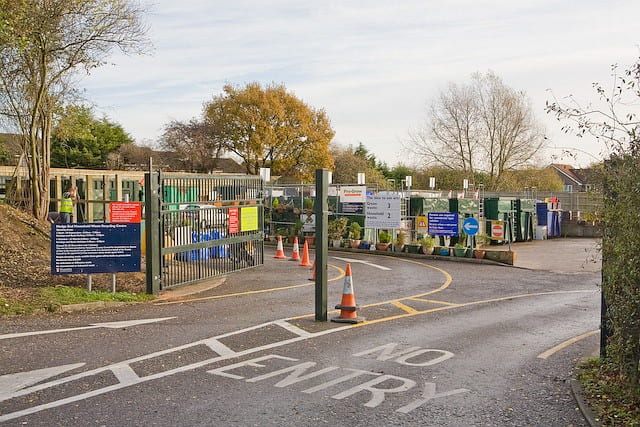A core goal of the DCS project is the development of ways in which Open Data platforms can be designed to be both multi-level (in terms of expected expertise) and learnable. That is, we want to identify and start to develop features that encourage users to access and use the available data in increasingly sophisticated ways, learning both how to use the platform and how to engage with data at the same time.
Because of this, it is essential that the DCS team keep future users at the centre of the research and design process. We have therefore adopted a design approach based on the creation of personas and scenarios developed from what a range of potential users told us, in a series of in-depth, qualitative interviews.
While personas and scenarios (or user journeys) are fairly widely used in HCI design, we’ve taken a slightly different approach to building our personas. Building on an approach we developed in previous research (Wilson et al. 2018), we used the methods of phenomenography to analyse the interview data in a way that embraces the richness and diversity of skills, backgrounds, aims and values of potential users. We then used the results of this analysis to create personas and scenarios that are based on values and capacities rather than needs and solutions.
These scenarios also imagine what a Waste Commons Scotland platform might look like, including some of the features we imagine we will need in order to help people learn how tomake use of the data such a site will link them up with.
You can find the resulting personas and scenarios on the Resources section of this site.
